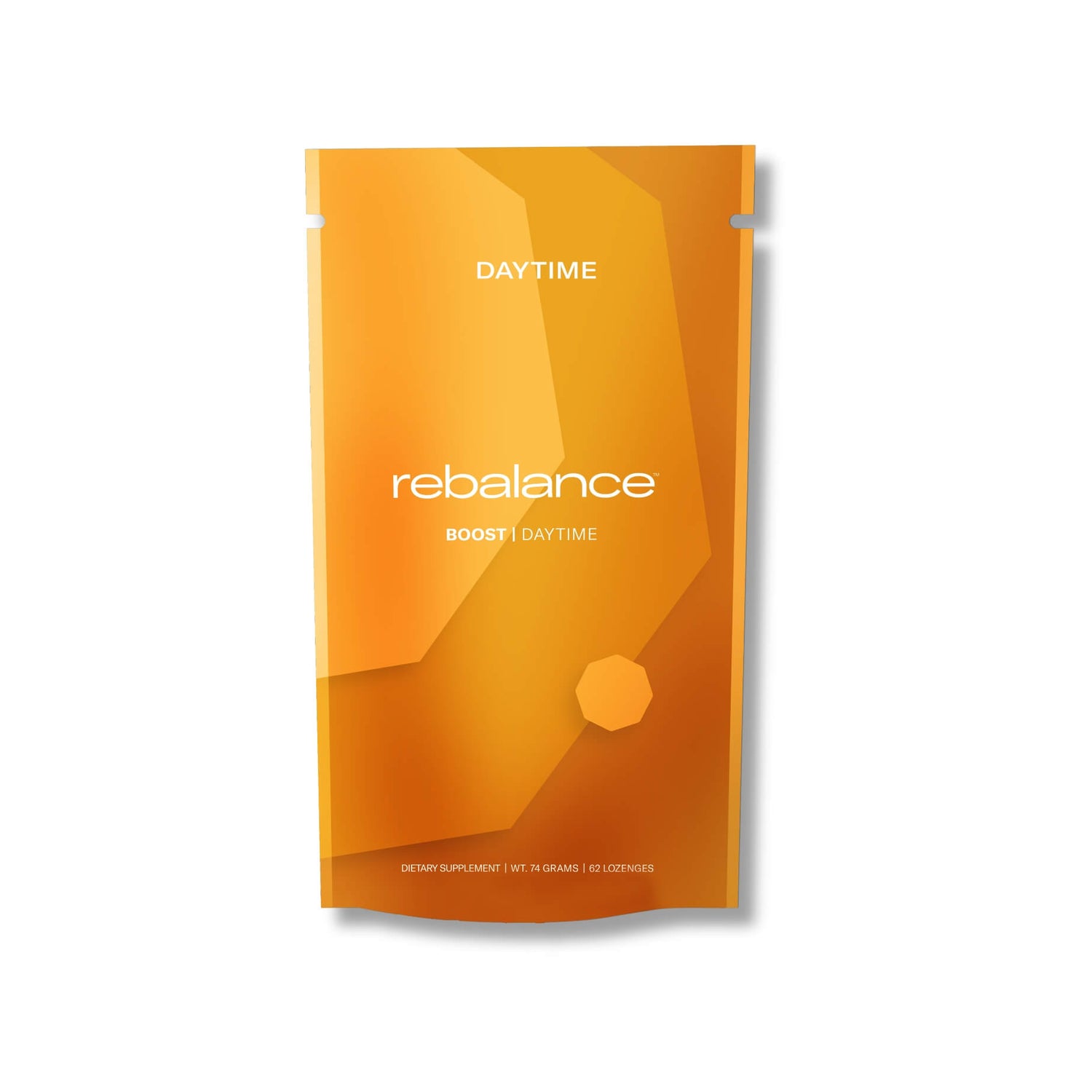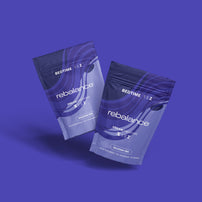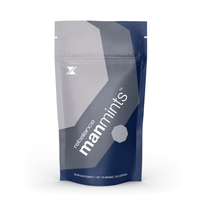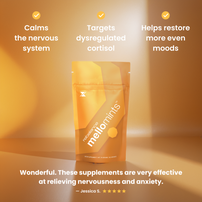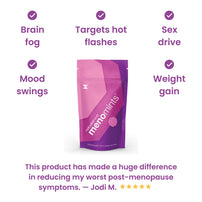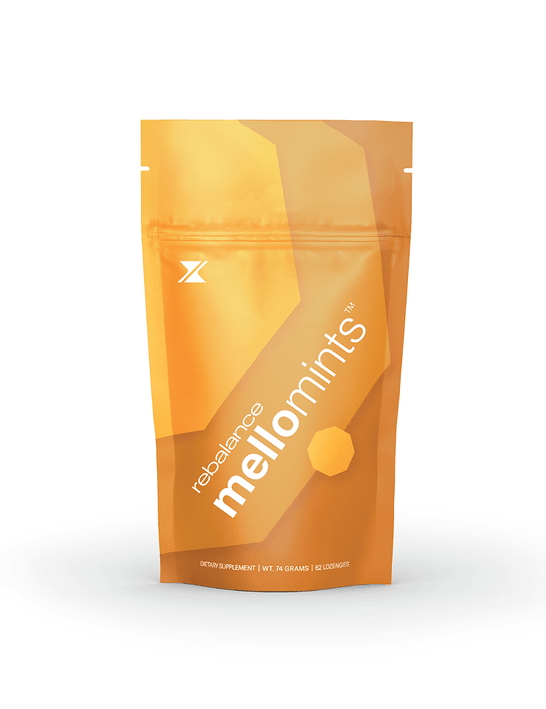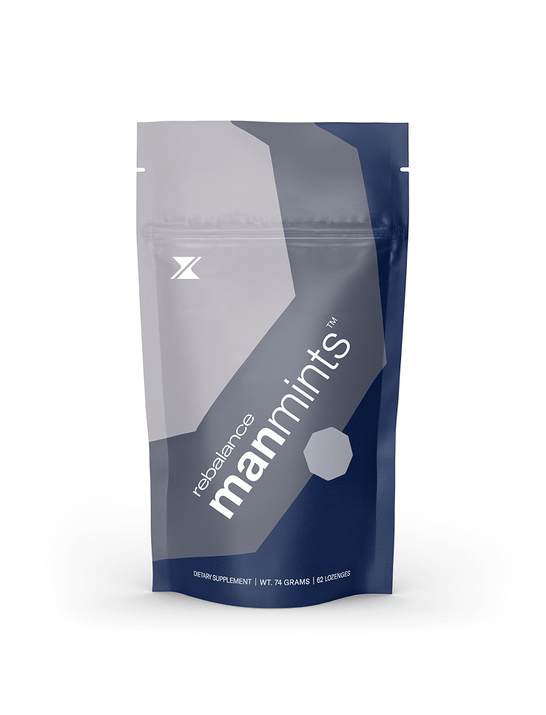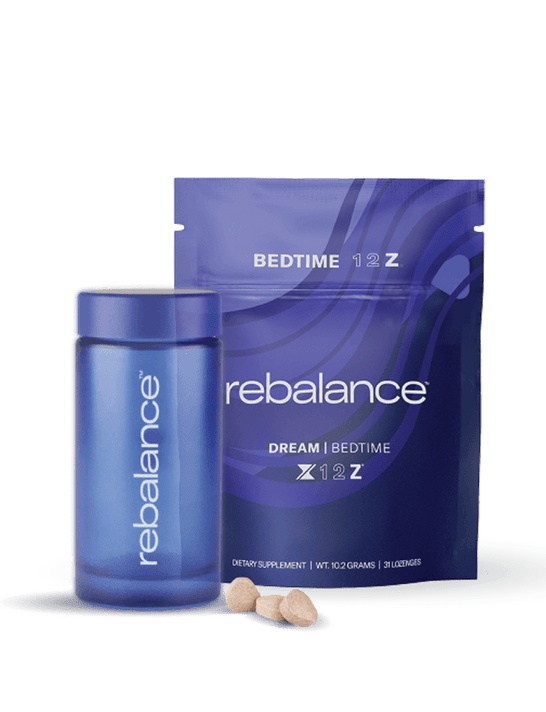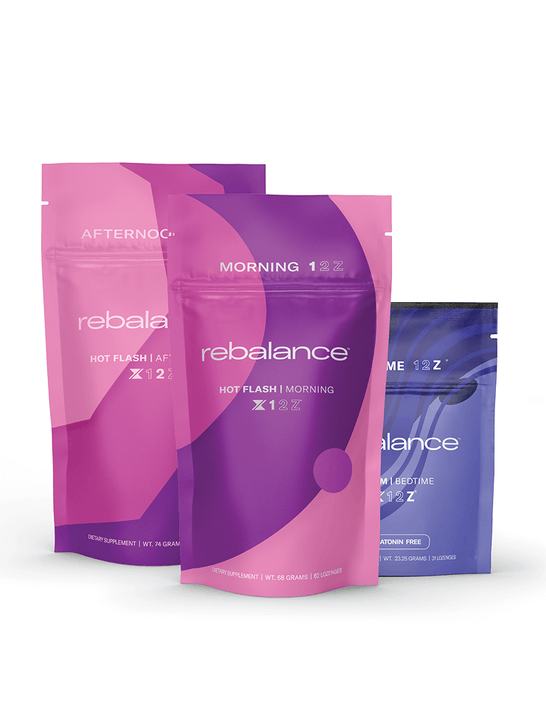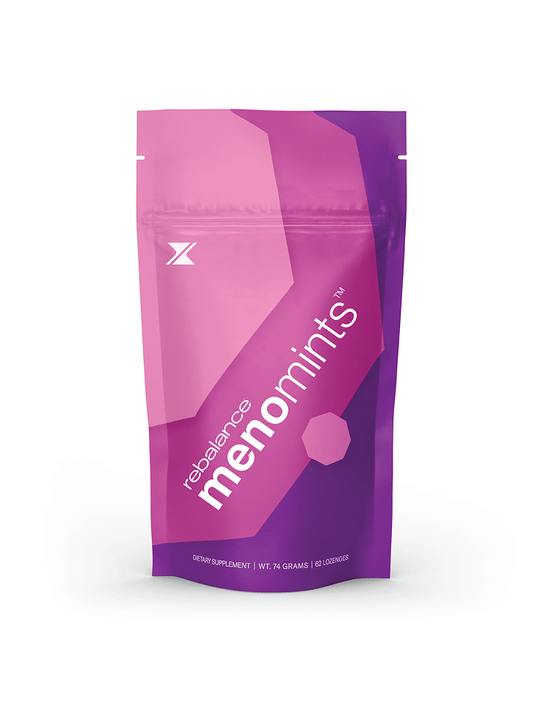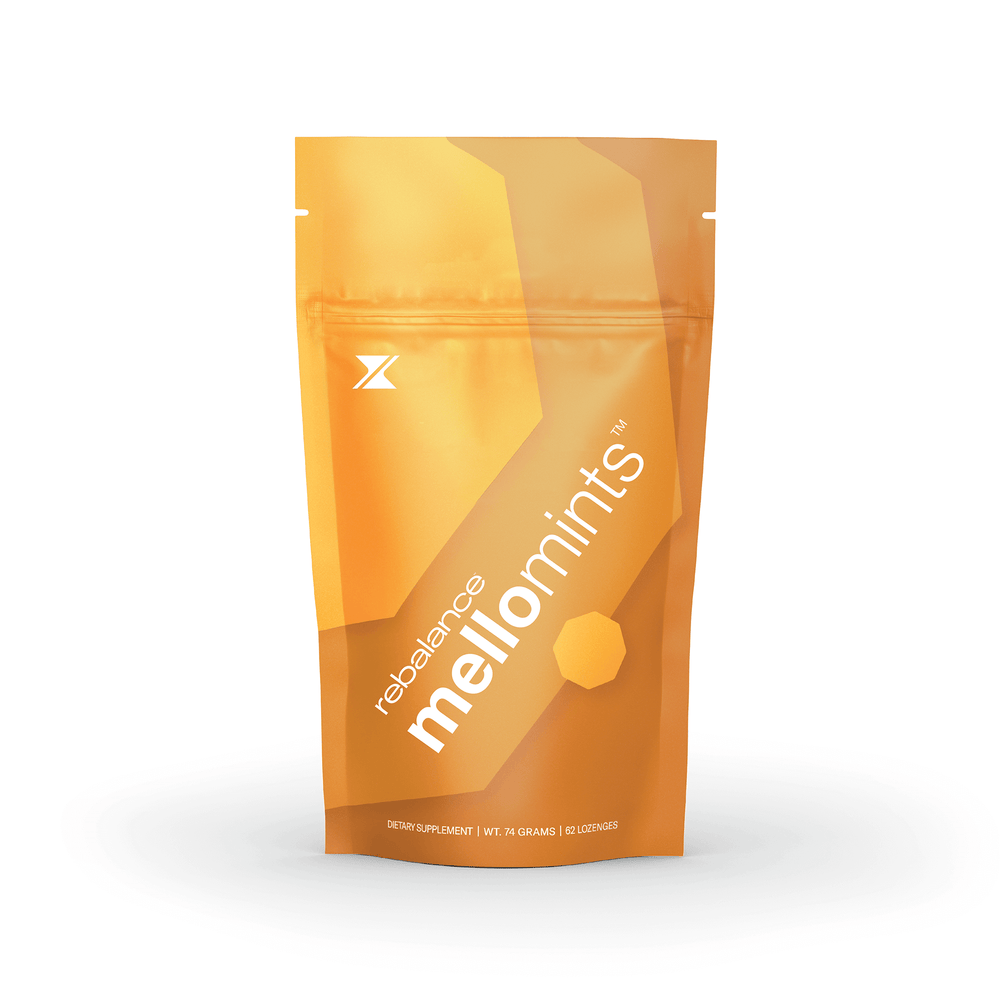TikTok Is Obsessed With “Cortisol Face”—But Is It Real?
08/15/2024 by Rebalance Health

:max_bytes(150000):strip_icc():format(webp)/cortisolfaceexplainer-94d8d8bf107b4d20966bd3569e0b03e1.png)
We unpack the app's latest favorite buzzword.
Written by Sophie Vilensky
Who amongst us hasn't woken up feeling a little puffy? If you're raising your hand, amazing. I hope you're enjoying your life off the grid in the mountains drinking straight from the alpine streams or literally being Gwyneth Paltrow. If not, same! It happens to the best of us—especially those rightfully observing Brat summer.
If you're anywhere near TikTok or engaged in general beauty discourse, you might've heard of "cortisol face." If you haven't, there's no need to search it up—we're happy to explain the internet's new favorite wellness buzzword. According to your FYP, cortisol face is a symptom of elevated cortisol levels (that's the stress hormone, FYI) that anyone with a rounder face might be "suffering" from. Common video titles include "signs you have cortisol face," "how high cortisol changes your appearance," or "cortisol face before/after"—and they pretty much all show a person with a more cherubic face that turns angular after they consume a glorified Liquid IV packet or do some quick jade rolling.
I mean this respectfully: Nope! It's not that simple. It's never that simple.
"While cortisol can impact our bodies in various ways, including contributing to inflammation and water retention, it’s unlikely that everyday stress would raise cortisol levels enough to cause noticeable and extreme facial swelling," notes Jess Sepel, a clinical nutritionist and founder of JSHealth. "I would say that it’s important to approach such trends with caution and not jump to conclusions without understanding the underlying causes of symptoms such as a puffy face."
Ahead, everything you need to know about cortisol face—what it is, if you need to actually worry about it, and how to decrease puffiness either way
What Is "Cortisol Face?"
"'Cortisol face' refers to the physical changes in the face that can occur due to prolonged elevated levels of cortisol, a stress hormone," explains Dr. Todd Dorfman, MD, Chief Medical Officer at Rebalance Health and a hormone management specialist. "These changes often include increased fat deposits around the face, giving it a rounder or more swollen appearance, sometimes referred to as 'moon face.'"
With that being said, actual "cortisol face" would result from chronic stress that's led to sustained, elevated cortisol levels—and wouldn't just show up as puffiness.
"Excessive cortisol can stimulate increased sebum production, exacerbate inflammation, and accelerate collagen degradation, leading to dermatological issues such as acne, erythema, and skin laxity," notes the doctor. "Conversely, insufficient cortisol levels can result in xerosis and a lackluster complexion."
And it's not just your sweet complexion that would be affected: "Cortisol, known as the master hormone, can profoundly influence more than just your skin. Its effects extend to various crucial aspects of your well-being, including your sleep patterns, sex drive, energy levels, anxiety, cognitive function, and so much more," he adds.
So, Is "Cortisol Face" Real?
Honestly, our bodies are complicated. While there's a chance you have heightened stress hormones (we live in a society, after all), there are plenty of other reasons your face might be a little rounder. Think allergies! Inflammation! Or... collagen? Yes, some people—such as yours truly—just have rounder faces.
"While stress can contribute to inflammation, it's likely a combination of other factors which are contributing to those noticing a puffy face who have no underlying medical conditions," explains Dafna Gershoony, CEO and Co-Founder of CONTOR skin studio. "Eating salty foods can lead to water retention and swelling overall, lack of sleep can also result in fluid buildup and puffiness around the eyes. Certain medications can cause swelling such as steroids and lastly, fluctuations in hormones can lead to facial swelling and puffiness."
So! As TikTok has led us to understand it, no. Cortisol face isn't a medical diagnosis and probably isn't something for you to worry about. But that doesn't mean it's not "real" for some.
"The term 'cortisol face' is a trendy label, rather than a common condition," adds Sepel. "In some rare and more severe cases of endocrine disorders, high levels of cortisol may lead to what is known as Cushing Syndrome (this is a much more serious condition than ‘cortisol face’)."
Do You Have a Cortisol Imbalance?
As mentioned, you're likely not dealing with an out-of-the-ordinary cortisol level. In fact, stressing about something like cortisol face—or whatever new diagnosis you see on TikTok—is a self-fulfilling prophecy. You're ultimately getting stressed about stress—and that's not doing you any favors. "For a healthy individual, the body is able to regulate cortisol levels effectively, keeping them within a normal range even when stressed and lowering them after spikes occur," explains Gershoony.
Still, it's never, ever a bad idea to pay attention to your health—and see a doctor who can help you understand your individual hormonal situation. (Huge shoutout to my Naturopath.)
"Addressing cortisol levels is essential for maintaining overall health and balance," says Dr. Dorfman. "To determine if you have a cortisol imbalance, a healthcare professional may conduct blood, saliva, or urine tests to measure cortisol levels. However, it is important to recognize that these tests provide a snapshot of cortisol levels at a specific moment. Given that cortisol levels fluctuate throughout the day and night in response to various stressors, accurately diagnosing an imbalance can be challenging."
How to Deal With "Cortisol Face" and Other Puffiness
If you came here hoping for an easy-peasy cure for facial puffiness, I can point you in the direction of our favorite gua sha tools and skin icing tips and say best of luck. I can also tell you that it's probably good advice to stay away from anything on the internet that promises it'll cure all your puffiness woes with a cool morning chug (I'm still thinking about those alleged cortisol face-killing powdered drink packets).
"While topical treatments do not address the root cause of elevated cortisol levels, they can help manage symptoms such as puffiness and dryness. I recommend using products that contain anti-inflammatory ingredients like niacinamide and hydrating ingredients such as hyaluronic acid to alleviate these skin issues," notes Dr. Dorfman.
As for actually tackling cortisol? It's not as complicated as it seems.
"These days, we're in a time period where our body perceives stress where we don't need to perceive that level of stress. We haven’t evolved past this level of fight or flight we needed when we were cave people," says Justine Kahn, an esthetician and founder of sustainable skincare brand Botnia. "It's really about understanding what cortisol is, understanding when and why you're experiencing stress, and managing it,"
If you're hoping to manage your stress levels—and in turn cut down on inflammation and puffiness—the best thing to do is preemptively take excellent care of yourself.
"In my opinion, [stress] is one of the easiest body issues we can self fix. There’s actually something you can do for it, daily for free," explains Kahn, who personally practices yoga seven days a week. "When you do notice that you have a tool you can call on (daily exercise, meditation, using a face mask, booking a facial), that helps you access a moment of relief for your body."
More so than finding the perfect de-puffing eye cream, it's about taking the time to bask in your skincare routine as a whole...or whatever else makes you feel relaxed. The most amazing part? None of this stuff is going to hurt you. Even if you don't have cortisol face—even if it's not a thing!—you can benefit from a little self-care and de-stressing.
"Acting out of care for yourself is the antidote," adds the esthetician. And yes, that includes not self-diagnosing based on something you saw on your social media feed.
Overview

Stay Calm. Sleep Deep. Wake Clear.
A lozenge that supports deep sleep, better REM, and calmer nights. Without melatonin — unless you want it.
